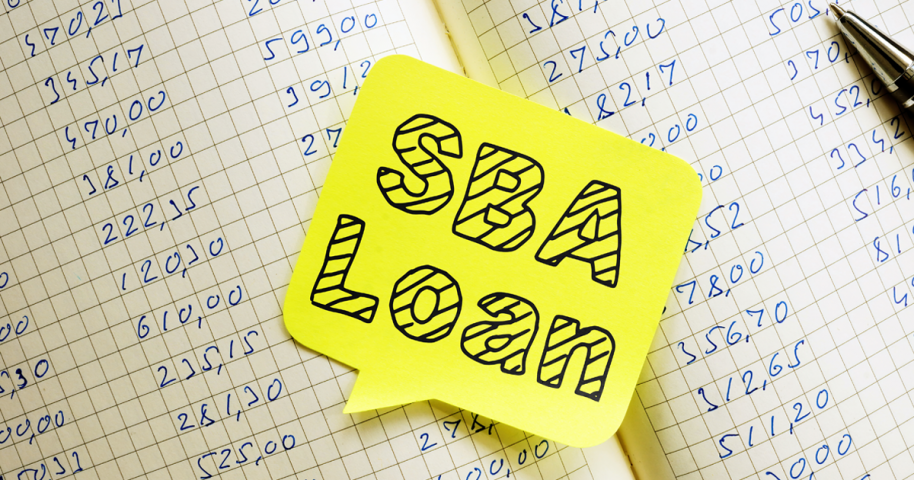As you begin your journey to own a small business and finally realize your dreams of entrepreneurship, the effort to secure funding for your startup may seem daunting.
While the thought of finally getting your business up and running is exciting, the time and energy that goes into knowing how to fund your business is enough to leave the most passionate entrepreneur a little shaky.
But, your excitement doesn’t need to wane during this process. The Small Business Administration (SBA) eases the burden on would-be small business owners like yourself. Understanding whether an SBA loan is right for your startup is a great first step.
How an SBA Loan Works
The SBA does not actually lend money to potential business owners. Instead, small business owners secure an SBA loan through an authorized SBA lender – like a bank. The SBA provides the lender with a guarantee for a portion of the loan, which mitigates some of the risk and incentivizes financial institutions to lend money to new entrepreneurs.
The Pros of the 7(a) Program
The most common SBA loan for small business owners is the 7(a) program, which is more generally focused on helping small businesses get started and grow. There are many benefits of SBA loans for startups, including:
-
-
- They typically offer more attractive payment terms and interest rates than other types of loans.
- They require lower down payments.
- Available funding ranges from $5,000 to $5 million (only nonprofits can offer microloans under $50,000).
- They are available in loan terms of 710 years, up to 25 years if the project involves real estate.
- They don’t penalize prepayment.
-
These terms, especially concerning repayment lengths, are generally more favorable than those for conventional loans. Those are just a few of the reasons why SBA loans for startups are so popular. In addition, if you have retirement funds available, these are typically eligible to use as the capital injection for an SBA Loan through utilization of The Rainmaker Plan® with your SBA loan.
Other Considerations to Keep in Mind
Understand that the 7(a) program is not the right fit for everyone. The SBA follows strict acceptance criteria based on the 5 “C’s”:
-
-
- Character: Past payment history, no criminal record
- Cash flow: Business must have sufficient cash flow to cover debt service
- Credit: FICO score
- Collateral: Assets available to secure the debt should you default on the loan
- Conditions: Economic environment
-
Other stipulations may apply, and the process needs to be followed very carefully, so it is typically in your best interest to consult a financial expert to increase the chances of your loan being accepted.
SBA Loans Beyond The 7(a) Program
The 7(a) program is only one small business funding option that can be obtained through the SBA. In addition, there is the CDC/504 Program, which offers long-term financing used to acquire real estate or equipment for expansion and modernization. Most 504 projects are quite large – in the $200K to $5 million range.
With this program, you would be expected to inject 10% of the project cost. The SBA provides an additional 40% of the project cost by selling debenture bonds, and the bank holds a mortgage for the remaining 50% of the project.
The funding options available for small business startups are just as diverse as the entrepreneurs who seek them. Considering a loan through the SBA is a smart place to begin. Be sure to gain a full understanding of all your options and identify the small business funding option(s) that work best for you – schedule a consultation with a Benetrends funding expert today.
